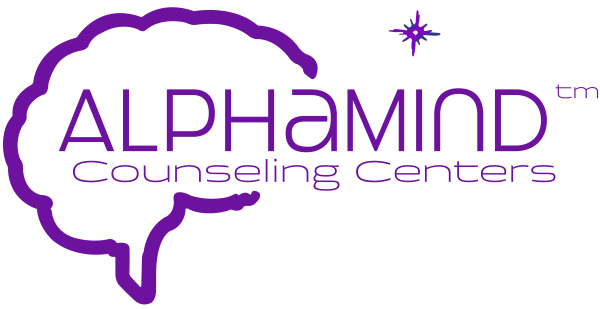EMDR therapy is a type of trauma therapy that can be very beneficial for those who have experienced trauma. EMDR stands for Eye Movement Desensitization and Reprocessing, and it is a type of therapy that uses eye movements to help the brain process and heal from various traumas. EMDR therapy can be used to treat a variety of experiences and mental health conditions, including sexual assault, natural disasters, car accidents, depression, anxiety, and more. EMDR therapy is usually done in 8-12 sessions, and each session lasts for about 60-90 minutes.

One of the biggest questions individuals have before starting EMDR therapy is whether or not they need to talk during the sessions. In this article, we will explore not only if you need to talk during an EMDR therapy session, but we will also discuss what else you can expect from your sessions.
What is EMDR Therapy?
EMDR therapy is a type of trauma therapy that can help people who have experienced a traumatic event. EMDR therapy can help people who have been through a natural disaster, car accident, or any other type of traumatic event. EMDR therapy can also help people who have been through multiple traumas, such as soldiers who have seen combat. However, it does not end there. EMDR therapy also helps individuals who have a variety of health conditions – both mental and physical. These include anxiety, depression, epilepsy, panic disorders, and eating disorders.
EMDR therapy is a great alternative to traditional therapy options because it can help people heal from trauma without having to relive the event in detail. EMDR therapy can also help people who have not been able to benefit from traditional therapy options, such as talk therapy and cognitive behavioral therapies. EMDR therapy is a great option for people who want to heal from trauma but do not want to actually talk about the event.
EMDR therapy can be done in a group setting or in an individual setting. EMDR therapy usually lasts for eight sessions, but the amount of sessions needed will vary depending on the needs of the client.
What are the Phases of EMDR?
EMDR therapy is an eight-phase process that helps people heal from the traumas they have experienced. The eight phases of EMDR therapy are as follows:
History and Treatment Planning
During this phase, the therapist will gather information about the client’s history and current situation. The therapist will also develop a treatment plan with the client based on what the client’s needs are, as well as what they are looking for out of EMDR therapy.
Preparation
During this phase, the therapist will teach the client some techniques that will help them cope with their emotions during EMDR therapy. They will discuss expectations with what to expect during the sessions, including terms to know and a plan for how to cope with any negative feelings that may arise.
Assessment
During this phase, the therapist will assess the client’s current emotional state and identify any triggers that may cause the client to feel emotional during EMDR therapy. They assess the event that needs to be reprocessed.
Desensitization
This begins the actual “reprocessing” phase of EMDR therapy. During this phase, the therapist will use eye movements, tapping, or other forms of stimulation to help the client process their emotions. This continues until the client’s reaction reduces.
Installation
During this phase, the therapist will help the client install positive beliefs about themselves until the client believes and understands it is true.
Body Scan
During this phase, the therapist will help the client scan their body for any remaining emotional distress. They will be asked to think about the event, but will not necessarily need to talk about it. This allows them to reprocess any further negativity.
Closure
This ends the reprocessing phase of the session. During this phase, the therapist will help the client close EMDR therapy by teaching them some techniques to cope with their emotions outside of EMDR therapy. This helps them return to a state of calmness before they leave the session.
Re-Evaluation
During this phase, the therapist will assess the client’s progress and make any necessary changes to the EMDR therapy plan. This is done at the beginning of each session to see how the client is feeling.
EMDR therapy is a great alternative to traditional therapy options because it can help people heal from their traumas in a shorter amount of time than various other treatments. EMDR therapy can be used to treat any type of trauma, including but not limited to: sexual abuse, physical abuse, emotional abuse, PTSD, and more. If you are interested in EMDR therapy, please talk to your therapist about whether or not EMDR is right for you.
Does EMDR Therapy Require Talking?
EMDR therapy can be beneficial for patients with PTSD, as it can help them to process and heal from their trauma. As you can see from the descriptions above, EMDR treatment can be done with or without talking; however, many therapists believe that talking during EMDR treatment can be beneficial for the patient. However, if the patient is uncomfortable with discussing the trauma, they are able to avoid speaking about it at length.
If you are considering EMDR therapy, be sure to discuss with your therapist whether or not you would like to talk during EMDR treatment.
Contact AlphaMind Brain Centers Today
EMDR therapy is a great alternative to traditional therapy options, and it can be very helpful for those who have experienced trauma. If you are considering EMDR therapy, be sure to talk to your therapist about it and find out if it is right for you. EMDR therapy can be a very effective treatment for trauma, and it can help people to heal from their experiences.
Are you looking for EMDR therapy near the Cary, North Carolina area? If so, contact us here at AlphaMind Brain Centers! We will be able to set you up with a free consultation to decide if EMDR therapy is right for you, as well as help you set up your first session with us. If you have absolutely any questions or concerns about the treatment, do not hesitate to ask them – we are here to help. We look forward to hearing from you soon!
[contact-form-7 id=”5683″ title=”Contact form 1″]

